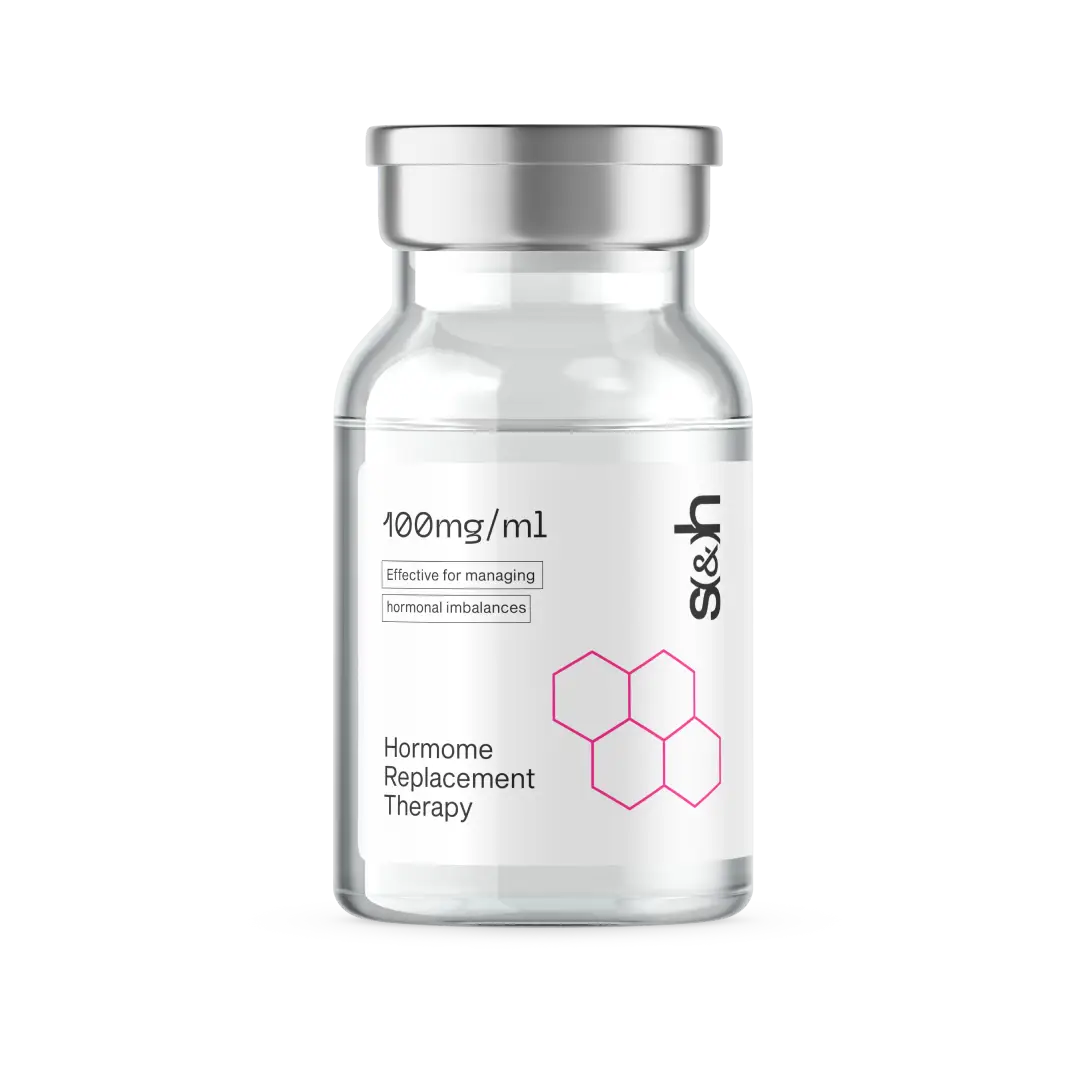trt Options you should know about
Testosterone Replacement Therapy in Canada: A Thorough Guide for Men

What is Testosterone Replacement Therapy (TRT)?
Testosterone Replacement Therapy (TRT) is a treatment designed to rebalance testosterone levels in men who have low-T, a condition also known as hypogonadism. Testosterone plays a crucial role in men’s health, affecting muscle mass, energy levels, mood, cognitive function, and overall wellness. As men mature, their testosterone levels naturally decline, but in some cases, levels fall below optimal, resulting in symptoms that may benefit from TRT.
Common Symptoms of Low Testosterone
In men, low testosterone can present through various symptoms, such as:
• Reduced libido and sexual performance issues
• Fatigue and persistent tiredness
• Decreased muscle mass and increased body fat
• Brain fog and memory issues
• Depression, irritability, and changes in mood
These symptoms can disrupt daily life, and TRT may help manage them by bringing testosterone levels within normal limits.
How Does TRT Work?
TRT can be administered in different methods, including injections, topical gels or creams, and oral pills (though these are not widely prescribed due to potential liver impacts). In Canada, injectables and topical options are particularly widely used because they deliver testosterone directly into the bloodstream, avoiding hepatic processing and thus minimizing side effects.
With ongoing TRT, many patients report positive changes in energy, mood, libido, and cognitive function. Studies suggest that TRT can support mental clarity and reduce brain fog by supporting cognitive functions like memory and spatial skills.
Benefits of TRT
The potential benefits of TRT include:
• Improved mood and reduced symptoms of depression
• Increased muscle mass and physical capacity
• Better energy levels and more stamina
• Enhanced cognitive function and memory
Safety and Side Effects of TRT
While TRT is widely regarded as low-risk, side effects can occur, including acne, increased risk of blood clots, and lower sperm count. For those with a history of cardiovascular issues, getting advice from a healthcare professional is essential before starting TRT, as testosterone can affect heart health.
In Canada, many clinics now offer routine evaluations, where patients on TRT receive labs every few months in the first year, followed by bi-annual testing. These follow-ups help to tune the treatment and keep an eye on any emerging side effects, making TRT a more manageable option.
Who Should Consider TRT?
Men testosterone therapy experiencing multiple symptoms of low-T may be suitable for TRT, especially if these symptoms interfere with quality of life. TRT should be undertaken under medical guidance, as a simple blood test can confirm testosterone levels and assess eligibility. Many Canadian patients start TRT to regain a sense of well-being, as the therapy is specifically tailored to address quality-of-life concerns.
Finding TRT Treatment in Canada
Science & Humans provides access to experienced professionals who can guide patients through a tailored TRT plan, ensuring safety and effectiveness throughout the journey. Regular check-ups and lab testing ensure that testosterone levels remain optimal, reducing the risk of side effects.
For more information on TRT please visit Science & Humans’ TRT page: https://www.scienceandhumans.com/trt.